|
Growing up, my family held the tradition of following our Thanksgiving feast with the official kickoff of the Christmas season: decorating gingerbread houses. My 20 cousins would cram into someone’s basement, tear into candy bags, and create our masterpieces. I remember frosting fights, broken houses, and major sugar crashes. Those memories of Thanksgiving merging into Christmas are the sweetest, quite literally, of my childhood. Similarly, I’ve always valued the years when the calendar aligns and US Thanksgiving coincides with the first Sunday of Advent like it did this year. It seems natural that the gratitude of Thanksgiving would overflow into the hope of Advent. Advent is observed on the four Sundays leading into Christmas. Traditionally, a candle is lit each Sunday, while the fifth candle, the Christ candle, is lit on Christmas. Advent creates space for both waiting and hoping. We wait for the second coming of Christ, but our wait is rooted in the hope that came through Jesus’s birth and the Incarnation. The First Sunday of Advent (November 29 this year) is traditionally referred to as “Prophets Sunday.” We hear the voice of the prophets who called for repentance and previewed Jesus’ birth in the Old Testament; we honor John the Baptist and how he prepared the way for the Lord. One passage often read on Prophets Sunday is Jeremiah 33:14-16 (NIV): 14 ‘The days are coming,’ declares the Lord, ‘when I will fulfill the good promise I made to the people of Israel and Judah. 15 “ ‘In those days and at that time I will make a righteous Branch sprout from David’s line; he will do what is just and right in the land. 16 In those days Judah will be saved and Jerusalem will live in safety. This is the name by which it will be called: The Lord Our Righteous Savior.’ When I read passages like this, I like to write out key words from the prophecy. Sometimes, I even create a collage using the words. Fulfill. Good promise. Just. Right. Saved. Safety. The Lord Our Righteous Savior. This year, more than ever, these words and this prophecy fill me with gratitude and hope. I am reminded that my every need and our world’s collective need is met in the person of Jesus Christ. The prophets knew this and held hope for the day when Jesus would come; I know this and live in gratitude for the gift that is Jesus. As I move forward through Advent this year, I want to cultivate a spirit of gratitude and hope that points those around me to Jesus. Will you join me? Reflection Questions:
Annette Aguilar Annette Aguilar loves to read and write about a lot of things, including scriptures that provide hope. She is a wife, mother, and middle school Language Arts teacher who has lived in Guatemala for 10 years. Pre COVID, you could find her playing basketball and running, but now she’s happy with a masked walk around her neighborhood with her family.
1 Comment
It is easy for me to be filled with joy and be thankful to the Lord when I get a new job, a healing, an unexpected gift or an award for meritorious service. Even in these cases, I may simply offer a quick prayer of thanks and then fall back into daily routines. But what about thankfulness in difficult times? What about situations when I have lost a job, become ill, am grossly insulted or suffer unjust punishment? How can I be thankful in those instances?
Many times, God’s wisdom seems to totally contradict human rational thinking. God tells us to be thankful in those times too. James 1: 2-4 tells us, “Consider it pure joy, my brothers and sisters, whenever you face trials of many kinds, because you know that the testing of your faith produces perseverance. Let perseverance finish its work so that you may be mature and complete, not lacking anything.” Those words are easy to memorize. But believing them in the heart is not simple. It can be a real test of faith. I recently heard the testimony of an upper-class businessman from El Salvador. He had been actively antagonistic towards God. He had been immersed in running his prosperous business when he was falsely accused of an illicit activity. He was unjustly imprisoned for over two years in a grimy, filthy El Salvadorian jail while the guilty accusers went scot-free, stealing most of his business from him. You can imagine the bitterness, anger and resentment you would think he must have felt. However, his real reaction was vastly different. In his testimony the businessman told his story and then he said, “I sincerely thank God from the bottom of my heart that all this happened to me. In the midst of the terrible jail I was brought to Christ. I was so arrogant, greedy, materialistic and proud that I would never have found Jesus and accepted him as my Lord and Savior had I not had to go through something of this extreme magnitude. Now I know that nothing else has any importance whatsoever in comparison with my salvation”. In the midst of the anguish and suffering caused by the pandemic, or when confronting a job loss, illness, bankruptcy, unjust treatment, ridicule, scorn and worse, we can easily let angry human rationality based on temporal existence take over. We can fall into bitterness and resentment towards God instead of giving thanks. In these situations, we may focus on the problems we face instead of on the opportunity for growth, learning, maturity and completeness that James mentions. We may lose sight of what our priorities really should be in an eternal context. We may ignore that God is always with us and that He loves us boundlessly. We must never forget that Jesus – though completely innocent – suffered far more than we will ever know on the cross in atonement for our sins. Thus, we can have joyful eternal salvation with Him. When we focus on Jesus, God’s love, and our eternal salvation, we realize that all that happens in life is God’s preparation of us for this priceless gift. Then we can be truly thankful no matter what the surrounding circumstances are, even though we might not fully comprehend why things occur as they do at the time. Roger Cowan “And whatever you do, whether in word or deed, do it all in the name of the Lord Jesus, giving thanks to God the Father through him.” (Colossians 3:17 NIV)
November is here, the month when many of us stop and take an extra look at reasons to be thankful. My recent experience with health issues has shown me how important gratitude is. Last November, out of nowhere, a strange lump appeared on my side. Two months later, after an x-ray and some doctors’ appointments, it was time for a biopsy. A rash had also been bothering me. Was it from nervousness? Buried nervousness? I didn’t feel nervous, most of the time. Mostly I felt calm, but under the surface, anxiety had been growing, and lately it seemed to be rising up more frequently. I would wake up at night with all the frightening prospects and consequences of a malignant tumor playing over and over in my mind. An amusing cartoon I had seen a few months earlier came to mind during one of those anxious nights. It showed a view from behind of a very large lady who is seated on a very small stool. Her little dog lies calmly under the stool. You look at it and wonder how such a small stool could even hold up under the weight of that oversized rear end. But the dog underneath is unconcerned. The caption reads, “In 2020 may we have the strength of this stool and the faith of this dog.” I decided I would be like that little dog. I would trust the Lord as fully as he trusted that stool and not be concerned. The Lord would care for me. How had I lost that trust and become so fearful? Sixteen months before, I had had a heart attack. A stent had been inserted into an important artery that had been 95 percent blocked. Miraculously, my heart had not been damaged. A lot of people had been praying. God had preserved my heart. I was delighted, so grateful, full of thanks, and I trusted God like never before. So why, now, was I letting doubt creep in? Was it from too much thinking about the possibilities and reading about procedures and likely outcomes? Or was it also because I’d forgotten to look back and thank the Lord for all he had done? During those anxious days in January, Philippians 4:6-7 kept coming to my attention: Do not be anxious about anything, but in everything, by prayer and petition, with thanksgiving, present your requests to God. And the peace of God, which transcends all understanding, will guard your hearts and your minds in Christ Jesus (NIV, emphasis added). We tend to remember the parts about prayer, petition, not being anxious, and the promised peace of God, but often, we forget the thanksgiving. Remembering what God has done in the past and thanking him for those things, causes faith for the present petition to grow. I remembered how thankful I’d been for the healthy heart despite everyone’s expectations, and for so many other times God had defended and protected me. “No!” I thought. “I will not fear. Jesus is the same yesterday, today and forever. He will care for me. Of course! He always does! How many times has he made that clear to me? This will not be different.” That night, I slept all night without waking. The first thing in the morning, the words of a hymn came to mind: What have I to dread, what have I to fear Leaning on the everlasting arms? I have blessed peace with my Lord so near Leaning on the everlasting arms. Susan Hilario Jesus must have been sitting watching people in the Temple treasury for a while. He saw a widow.
Jesus started teaching and said that the scribes liked “places of honor at feasts.” In a typical home, a Jewish family would sit cross-legged on the floor and dip into a common bowl for the meal. However, a feast would require a “U” shaped table about six inches in height where guests would recline, lying down around the outside of the table. This is significant because each position at the table indicated a person’s social ranking. The closer to the host on the left leg as you face the open “U” the higher your ranking as you went around the “U.” As Jesus continued, notice that the scribes were not called gluttons but they “devoured” the houses of widows. Widows would be entirely dependent on charity since they had no husband to provide for them. They were part of the lowest class in society and this particular widow was described as “poor.” Perhaps this included being without a family as well. She “threw two small, thin copper coins” into the chest. These Roman “lepta” were the lowest denomination coin in the region of Judea. Two lepta made a penny. In verse 44, Jesus shared with his disciples that this woman “threw the whole of her living” into the treasury chest. Jesus compared the others who did the same. But he noted that all the rest cast into the chest from their abundance. Was she constrained to give by some legalistic requirement? I do not know. Scribes (and Pharisees) would tithe from their tiny herb gardens according to Mat 23:23 and may have required something from this woman for the Temple. As we head into the month where we celebrate Thanksgiving I would like to apply the account of the widow’s offering to this season. Ever wonder about the attitude of the widow? The rest of the Jews may not have thought much about what they gave. It may have been a duty or just a family tradition. It was just the “cost of doing business.” Giving was just what everyone had to do to keep the Temple operational. For some it may have been “good business” if others were impressed with what they threw into the chest. Coins can make a lot of noise. My guess is that the widow gave a lot of thought to her gift. With two half-pennies she could have thrown in one and kept the other. She didn’t. All she had went to the Temple. Let’s think about this a bit more. There was no thought of a percentage; she “cast, threw, put” it in. No hesitant hand dropping it in. She would have to trust God for tomorrow’s food. No, actually she would be trusting God for her next meal. This Thanksgiving let us express “thanks-giving.” Have a thankful spirit for what you have. Have a thankful spirit for what you may give to family and those in need. You, too, may have the Lord’s commendation. The first couple of years that we lived here I would run on the median along the boulevard Avenida Las Americas. It was mostly unpaved footpaths at the time and often I would trip (sometimes fall) on the tree roots and rocks along the way. Eventually, I learned how to maneuver the paths and run with more sure footing. I had to change my ways to fit the bumpy path, and it became a much more enjoyable venture. I find a parallel here with the unsure footing of navigating through a pandemic.
The verse that has given me encouragement to maneuver more easily in this time of restrictions, disappointments, and fears is Habakkuk 3:19, “The Sovereign Lord is my strength; He makes my feet like the feet of a deer, He enables me to go on the heights.” Like God designed the deers’ feet to be stable on uneven terrain, He designed us to be able to have solid footing in the roughest of circumstances. He enables us to walk in places we could not go without His help. We can go to the heights when we trust God to lift us up, when our thoughts become more aligned with His thoughts. It isn’t God who gives thoughts of fear or worry or “what ifs.” What He does give are higher thoughts backed by His power and His strength living and dwelling within us. So, when the worry comes about when I will feel safe to travel to see family again, I climb higher to more solid footing. I stand firmer and align my thoughts more with His thoughts. I tell myself this worry isn’t from God. With thanksgiving I praise Him for the friends here in Guatemala who have become more like family. I ask for help in trusting His plan. I know He will not abandon me. He has strengthened my footing at other times and He will do so again. I will remind myself of His truths and walk with more confidence, trust, and gratitude. 1 Corinthians 6:17 states, “But he who unites himself with the Lord is one with Him in spirit.” When we consciously come into union with the One who made us by thinking and responding and moving through the trials, it is life giving. So, when our journeys take us down into a valley of doubt and fear, may we call on Him as Psalm 61:2 declares, “ From the ends of the earth I call to you, I call as my heart grows faint, lead me to the rock that is higher than I.” It is here that we find our place of refuge and our place of sound footing where we can more assuredly seek help in situations that can otherwise be overwhelming. |
UCG Writers GroupThe writers group exists to provide hope and guidance through God's word. Archives
May 2021
Categories |
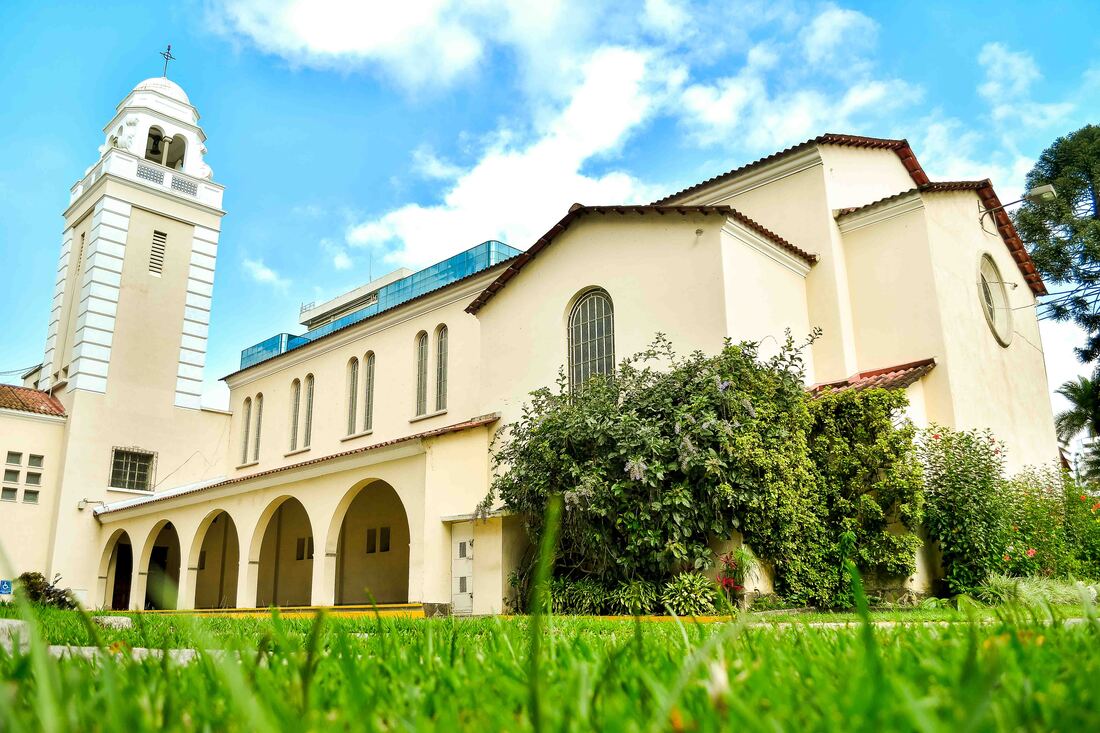
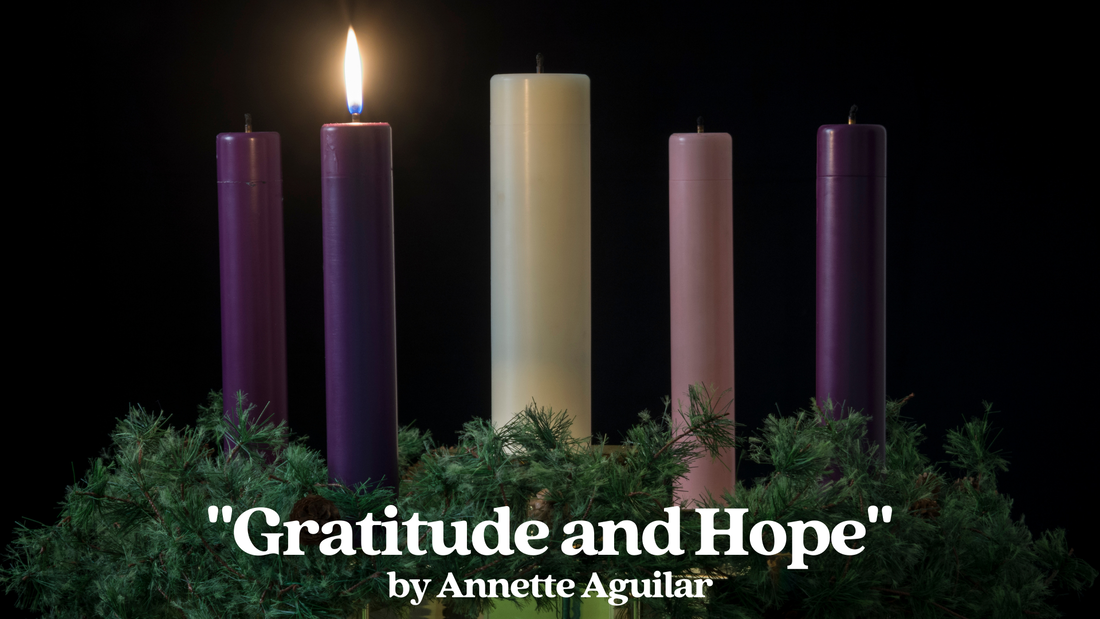

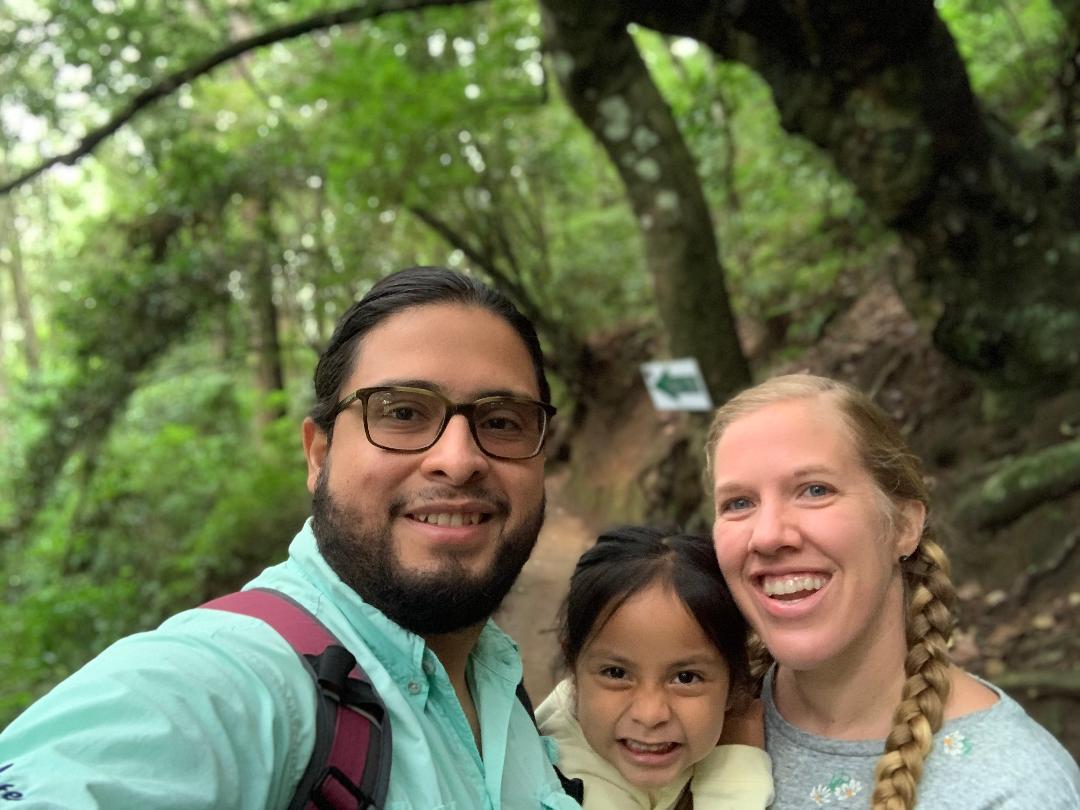
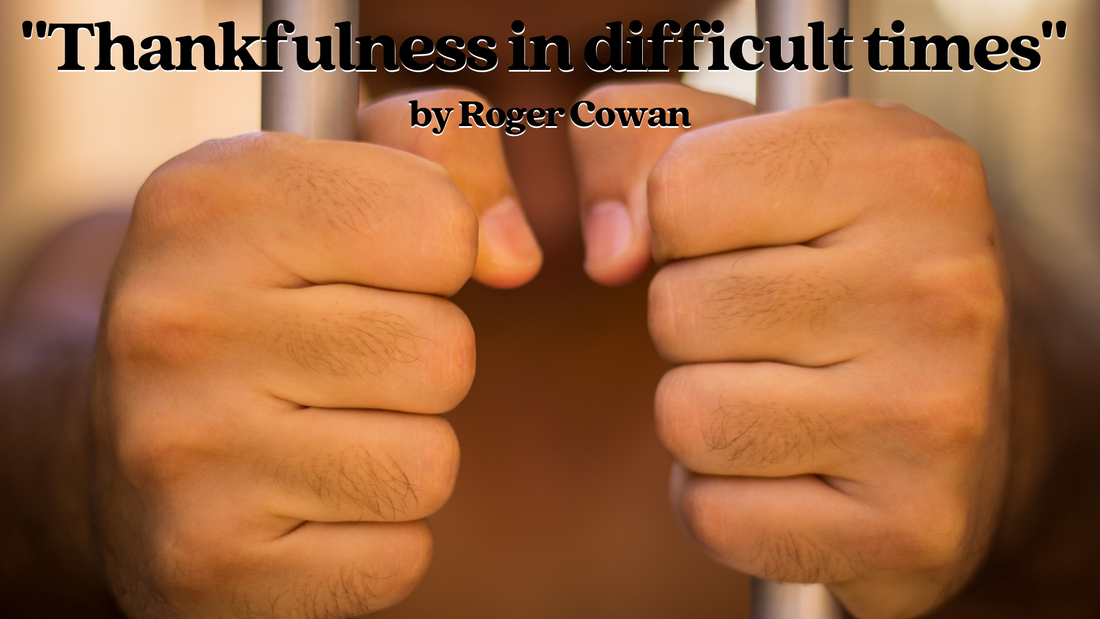
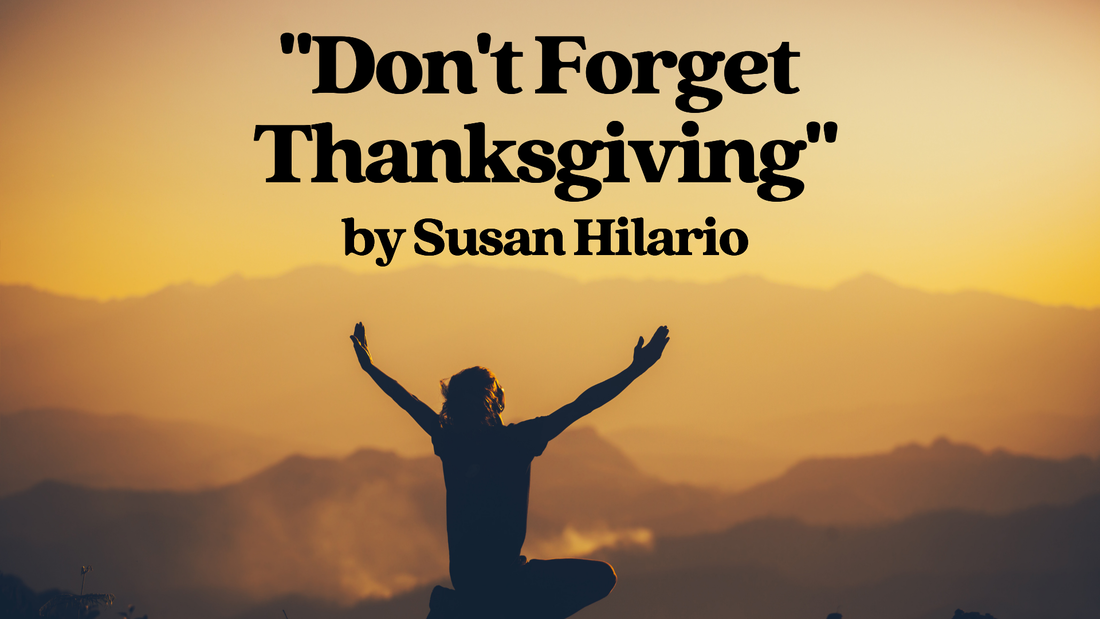

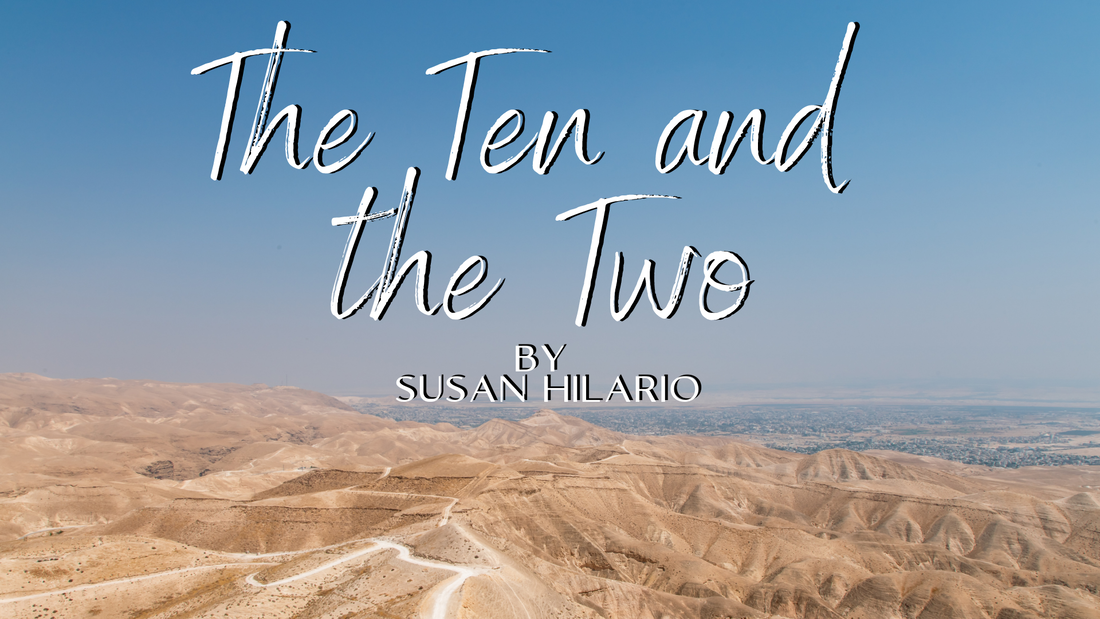
 RSS Feed
RSS Feed
